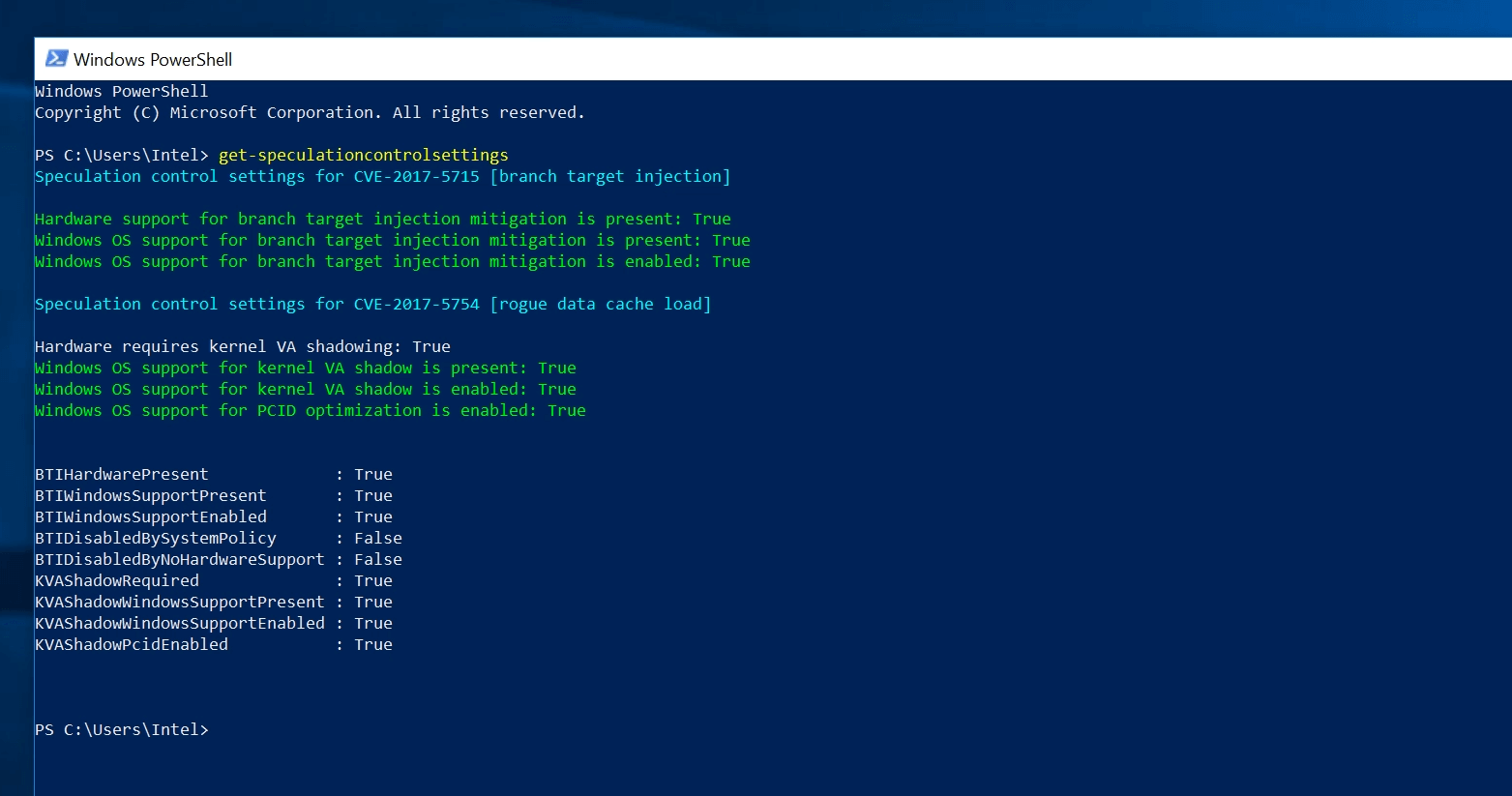Following up to our initial testing of the Meltdown patch for Windows 10, today we're looking deeper into the matter by testing a patched desktop system, by addressing the two now famous security flaws, Meltdown and Spectre, by applying the OS-level patch and a firmware update, more precisely a motherboard BIOS update.
https://www.techspot.com/article/1556-meltdown-and-spectre-cpu-performance-windows/
